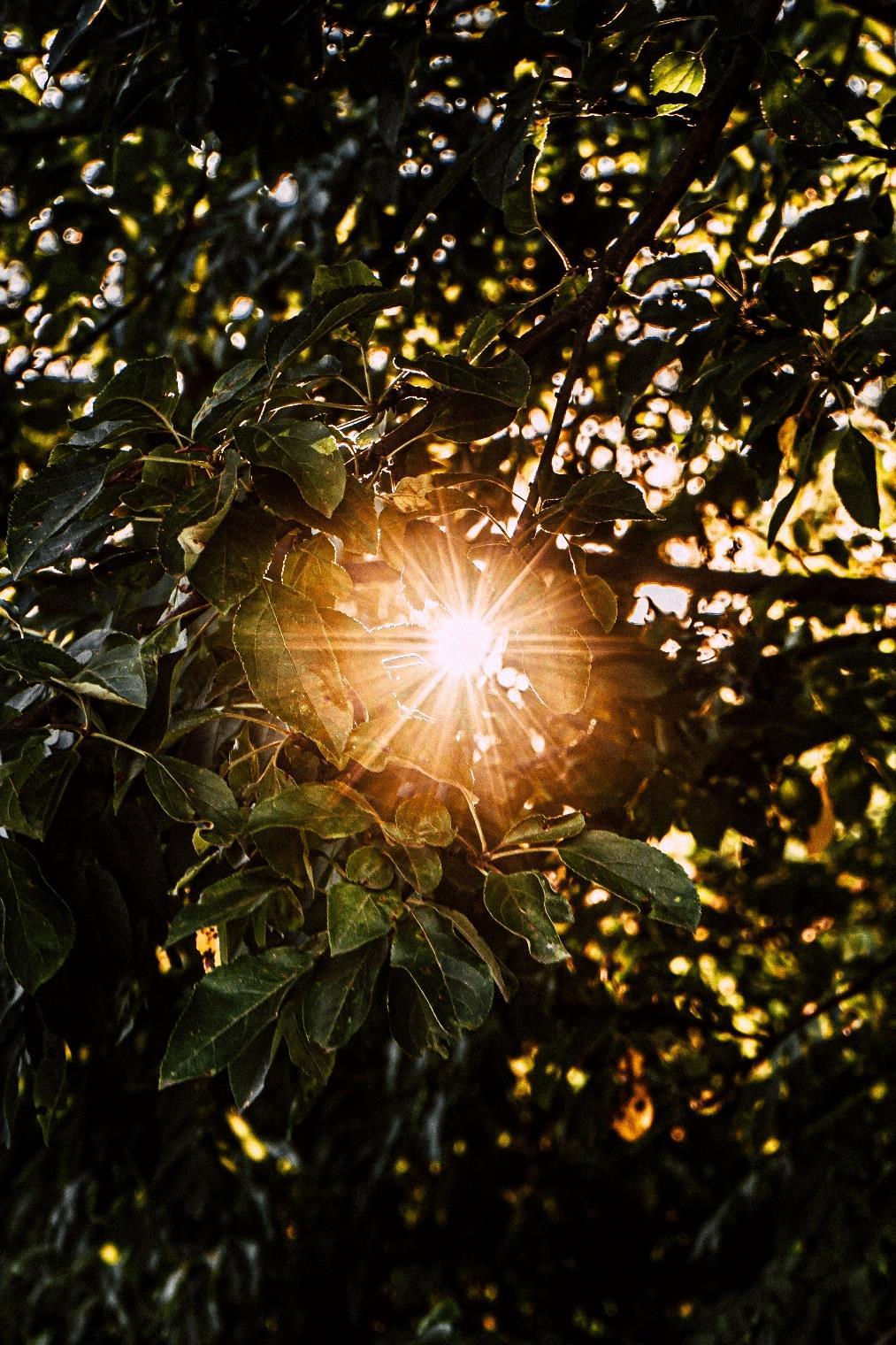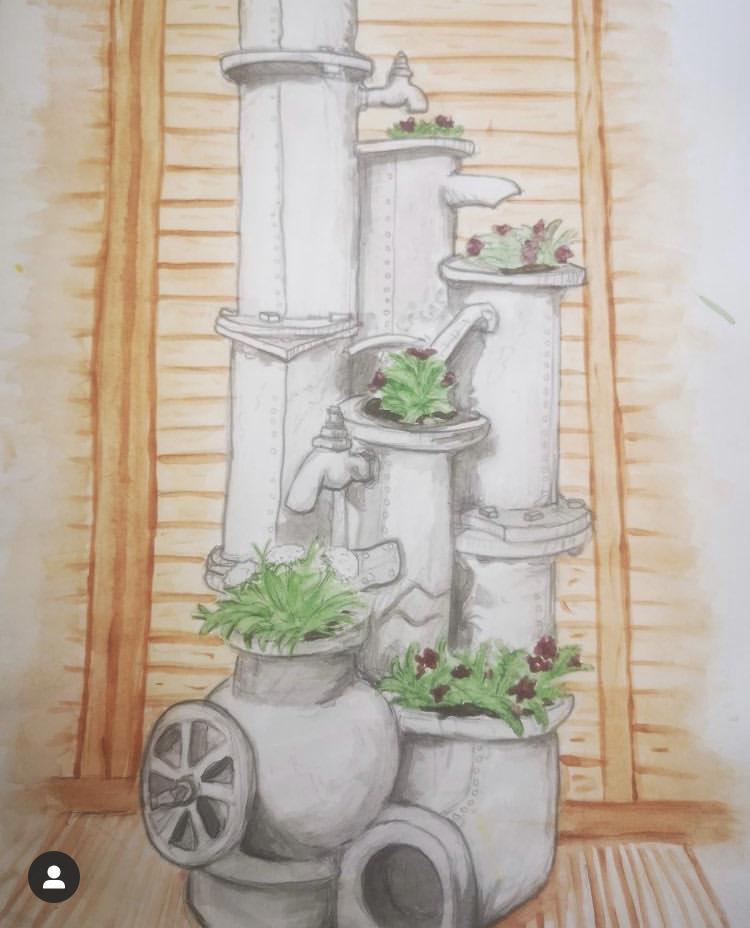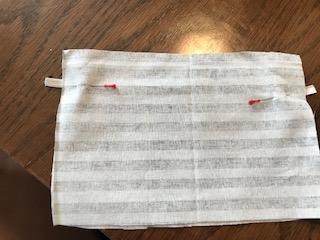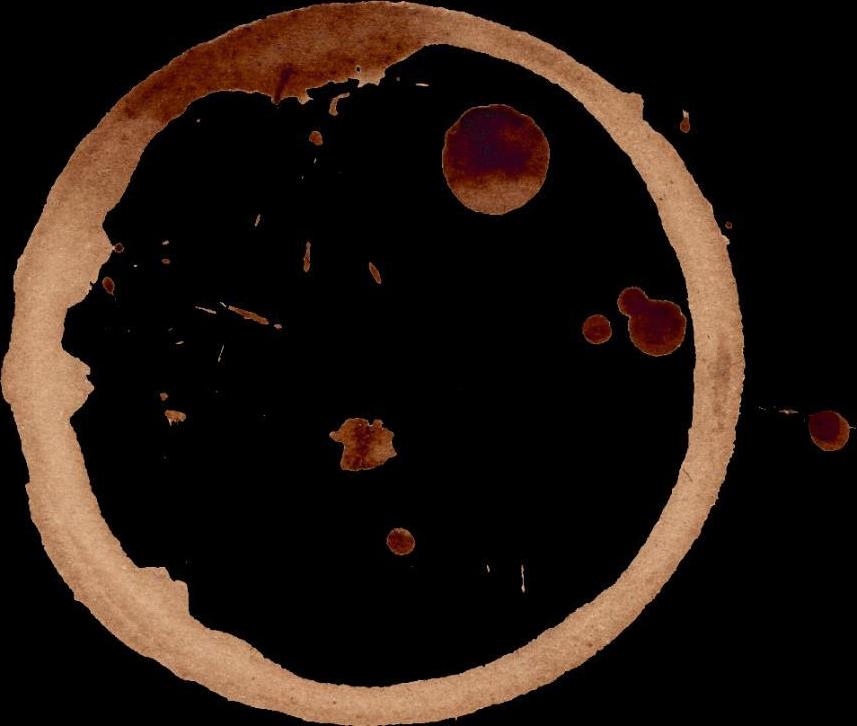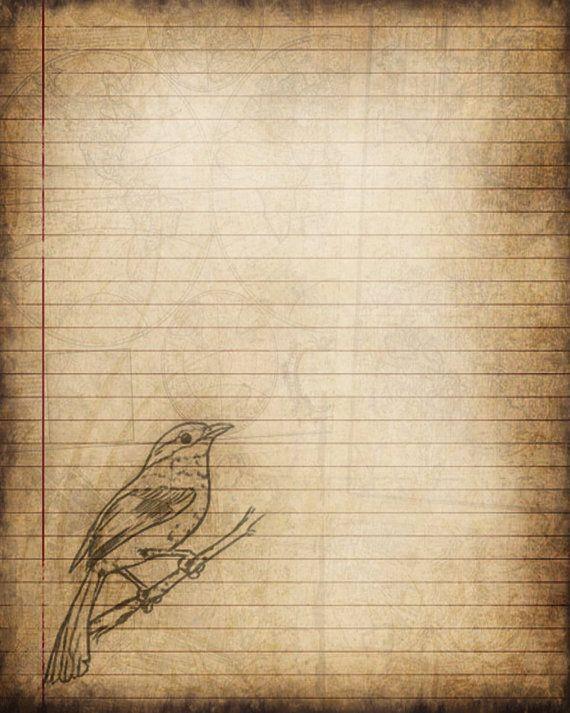
3 minute read
LIFE GOES ON
LIFE GOES ON | NIAMH KELLY
In case you haven’t noticed, 2020 isn’t going great. We started out with the threat of nuclear war, and then half of the world was on fire. East Africa was rampaged by a swarm of locusts and global warming has the world on its toes. We’re living through a sci-fi disaster movie, and looming over it all is Covid19.
Advertisement
Covid has completely affected the way we go about our daily lives, and the ways in which we interact with each other. As a 5 th year student, my everyday routine was hugely disrupted when quarantine hit. Distanced learning is a huge adjustment, and the lack of consideration and resources the government has shown us kind of leaves us to our own defences. Margaret Nolan, a secondary school teacher in Portarlington, told me about her experiences with quarantine and the issues she has faced with distanced learning. She believes distanced learning isn’t the same as being in school, and that the lack of personal interaction doesn’t support teaching and learning; but she also thinks that the independent nature of online learning encourages children to complete work and study for their own benefit rather than just to satisfy a teacher.
Margaret also talked about how some teachers are finding it just as hard as their students. Teachers working from home might not have the time to teach a class while working full time on caring
for and home-schooling kids of their own. When it comes to how the government has handled education during lockdown, Margaret’s opinions are mixed. She feels it’s hard to know whether the government is doing the right thing, as all students and all situations are unique.
Overall, Margaret believes that kids need the classroom; they need the support, and teachers need to be able to read the situation in order to do their job well - “Teaching is a human interaction, it’s not about delivering information over a computer, and it should never become that.”

Ronan Boyle, a volunteer with the Order of Malta, also agreed to tell me about his experiences with Covid, and the ways it has affected his life. The Order of Malta is a voluntary ambulance and first aid service, tasked with the safety and wellbeing of communities and as well as providing first aid training. Quarantine and lockdown have hugely affected Ronan’s role with the order, as well as his everyday life.
Ronan thinks the lockdown has made everybody take a step back and now have to rediscover how to live their lives. It has changed the way in which we communicate with others, and the way we think about human interactions; “The biggest thing you want to do when you run into somebody you haven’t seen in a while is give them a hug.” He thinks we’re all just trying to find ways to adjust to this new situation, and finding new ways to interact with and communicate with other people.
The Order of Malta isn’t government funded, so all of their funding comes from covering events, such as GAA matches, festivals and parades, and from public donations.
Since the pandemic hit, and all events were shut down, a huge portion of their funding has been lost. This is why public donations are so important to ensuring the Order can continue its work through these hard times. You can donate to the Order of Malta on their website, or through GoFundMes’ set up in local areas.
Covid-19 has definitely changed the way we look at everything, from our education system to the people around us. But as a society, we’ve found creative and innovative ways of carrying on and living our lives. It may feel like the end of the world, and like the world will never go back to normal, but the progress we’ve made and the ways we’ve adapted tell me we’re going to be just fine.

